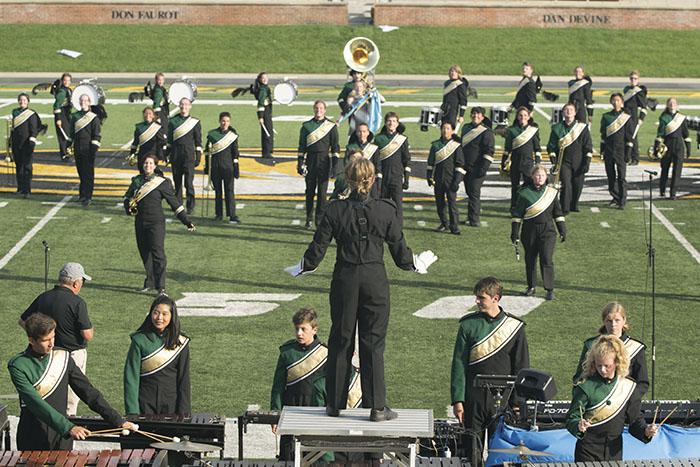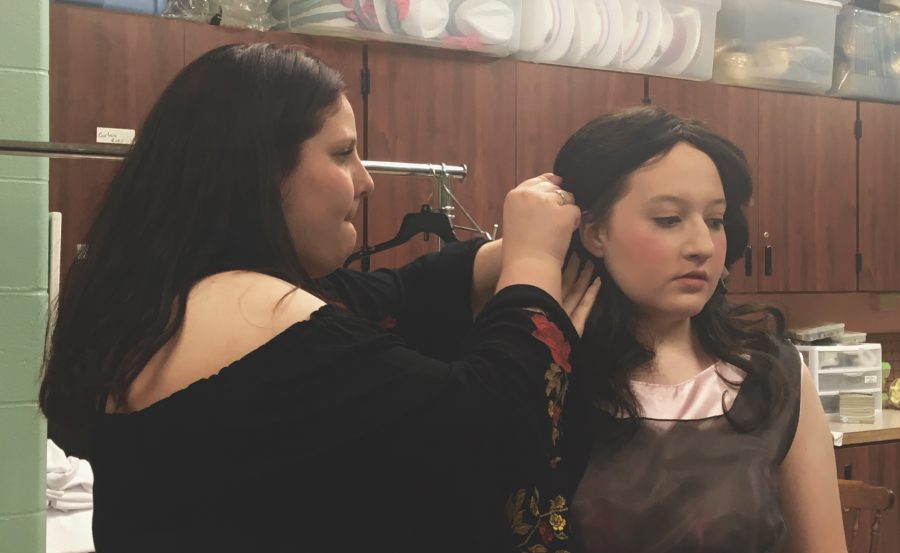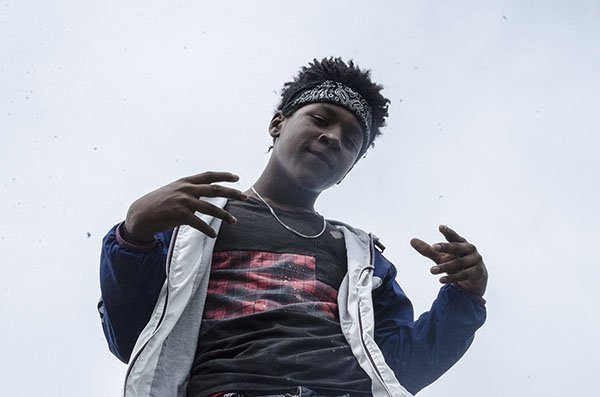Michael Sucsy’s Every Day movie joins the list of film adaptations of books that went amiss.
The film, based on David Levithan’s novel of the same name, tells the unusual love story of two teenagers; one being a completely average 16-year-old girl named Rhiannon, the other a genderless teenage consciousness or entity named “A” that wakes up in the body of a different person every day. One day, A wakes up as Rhiannon’s boyfriend, Justin, and quickly becomes attached to Rhiannon, resulting in him/her going back to Rhiannon the next day in a different body. When A reveals his/her secret of switching bodies every day, the two begin falling in love, despite all the hardships that come with A’s predicament.
Though the book was written from the profound perspective of A as he/she switched bodies every 24 hours and learned about and accepted the divergent lives of every person he/she takes over, the movie made Rhiannon the main character, leading to an underwhelming 100 minutes. By making Rhiannon the star, the film left out key themes and all of A’s enriched experience of the depth of the human mind and human interaction, including the broad variety of teen lifestyles, diverse sexual orientations, gender identifications and approaches to parenting he/she encountered, resulting in a dull and unsatisfying plotline with a trivial protagonist. It was the wrong move to change main characters, as the most compelling and original perspective would have been A’s. Because of the switch in focus, the movie was more based on Levithan’s sequel, Another Day, which told the same story from Rhiannon’s perspective.
Everything that made me fall in love with the book was not in the film. Since A was not the main protagonist, audiences couldn’t go on a crazy and captivating adventure with A, maneuvering through the various lives of teenagers and dealing with their struggles for a day. The movie also failed to touch on many hard topics, such as poverty, toxic relationships, troubled home life and death, as it couldn’t include all of the different bodies A became a part of.
Not to keep piling on negative reviews, but the movie was not as diverse as it claimed it was. The idea portrayed by the movie was that one should be able to fall in love with anybody no matter their physical appearance, including gender, race and body type. Yet, there was barely any diversity among the cast. There were only three actors of color, all three getting less screen time and had smaller roles in the development of the plot than their counterparts. There was also only one kissing scene between Rhiannon and A when A was in a girl’s body, which seemed too forced and was not given the emphasis it deserved. Plus, most of the characters who played A were brown haired, cookie-cutter white boys, which gave the movie a repetitive feel as Rhiannon held hands and kissed one white boy after another. For a film movie promoted for being diverse, there was little variety in the cast.
Despite the dreary narrative, actress Angourie Rice played an amazing role as Rhiannon. Unlike most movies where actors have to be comfortable enough to kiss and act like a couple with one other person, Rice had to have the same romantic chemistry with at least nine other actors. And she killed it. No matter who was playing the role of A, Rice held her ground as the compassionate Rhiannon and allowed audiences to believe she was actually in love with only one person rather than many. In addition to that, every actor who played A did an amazing job keeping him/her consistent throughout the film and being in-tune with Rice.
In all, the film Every Day was a poor adaptation of the book, and, on its own, an average teen romance movie. Barely living up to expectations, the film was mostly unsatisfying and idle.
Categories:
‘Every Day’ film falls short of expectations
February 26, 2018
1
0
More to Discover




















































































Grace Dorsey • Feb 27, 2018 at 3:27 pm
Wow, I wish the movie had been better… there was so much potential.